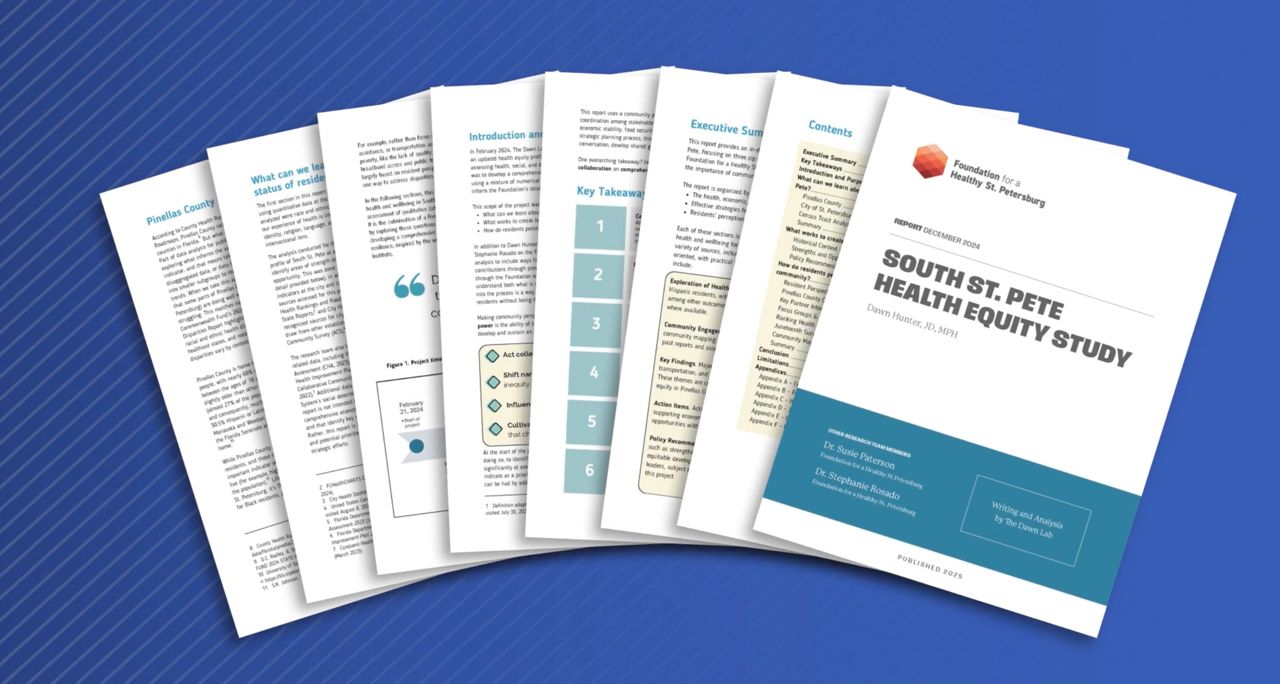ORLANDO, Fla. — “It takes less than 17 minutes for an online predator to entice a child to send an inappropriate picture,” said Paving the Way Foundation President Jan Edwards. Her nonprofit organization educates children and adults about the dangers of human trafficking.
“We are out to disrupt the cycle of child trafficking and online exploitation,” she said. “We do that through educational programs. We go out in the community and talk to fifth graders, middle school, freshmen and seniors in high school, and quite frankly, anyone that surrounds them.”
It’s a warning so important she said she wishes she can put it on a projector screen and show it to every parent and every child. In her course, she asks several questions to the children attending about their interactions on social media.
She held one of her latest courses at an Orlando Boys & Girls Club with a group of high school students.
“Imagine I’m 10 and 11. My mom just yelled at me. I just got a bad grade. My best friend just said something that made me mad. I feel like over here I need some sort of validation and here’s this semi good-looking guy that says ‘You’re right, I’m the right man for you,’” she said.
She said their target age is usually kids ages 10 to 13 because they’re the most vulnerable.
“They’ll start with, ‘Oh, I play soccer, too.’ ‘Oh, you like Roadblocks, I like Roadblocks, too.’ ‘You play GTA, I do, too,’” she said. “That 17 minutes it’s, ‘Oh my gosh, you’re pretty,’ ‘Oh my gosh, you’re handsome,’ ‘Oh my gosh, we have this in common, we have this in common.’ Have you noticed it’s easier to have a dialog with someone you don’t know?”
But she said, even that target age group varies.
“It’s not an age thing. It’s not a demographic thing, it’s not socioeconomics, it has nothing to do with where you live. We are all vulnerable,” Edwards said.
The warnings she gives are simple but necessary.
“Consider when someone’s asking you for an inappropriate picture, it could literally alter your future,” she said. “If you send a picture to someone, anyone, can you ever get it back? You can’t, can you? So girls, if someone asks you for a picture, do you really think he has your best interest in mind? No.”
Topics like picture sharing are discussed, along with sextortion, where someone is tricked, then threatened with their own inappropriate images by a predator.
“The rise of male sextortion, teen male sextortion is up 322%. 322% because these people overseas know our boys won’t talk. They would rather commit suicide versus face shame, guilt and disappointment, which is a shame because it’s not your fault. It’s never your fault,” Edwards said.
The dangers of artificial intelligence and sugaring were also discussed.
She asked, “How many of you have heard of sugaring?” She was referencing what many know as sugar daddies and sugar babies.
“I had a little girl at a school we were talking to. She was 13, and she got a message from a sugar daddy,” Edwards said.
She hopes of this kind of educating will save lives.
“Deal with it, we must. Our children’s lives are at stake, their future’s at stake and if we don’t start to have these uncomfortable conversations with our children, we’re gonna see the continued growth of the epidemic of suicide, self-harm, alcohol abuse and drug use,” said Edwards.
Edwards partners with organizations and offers the human trafficking awareness classes to those partners. Information about becoming a partner can be found at the Paving the Way Foundation.









